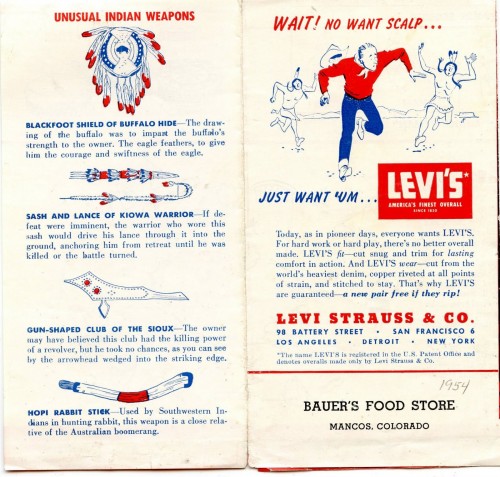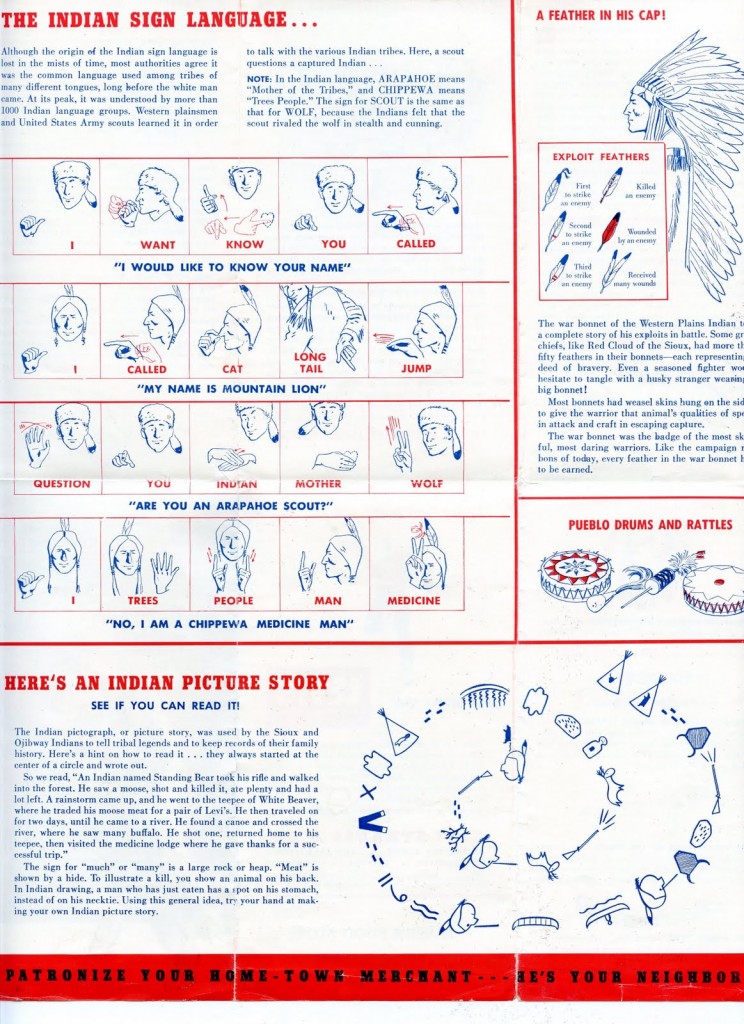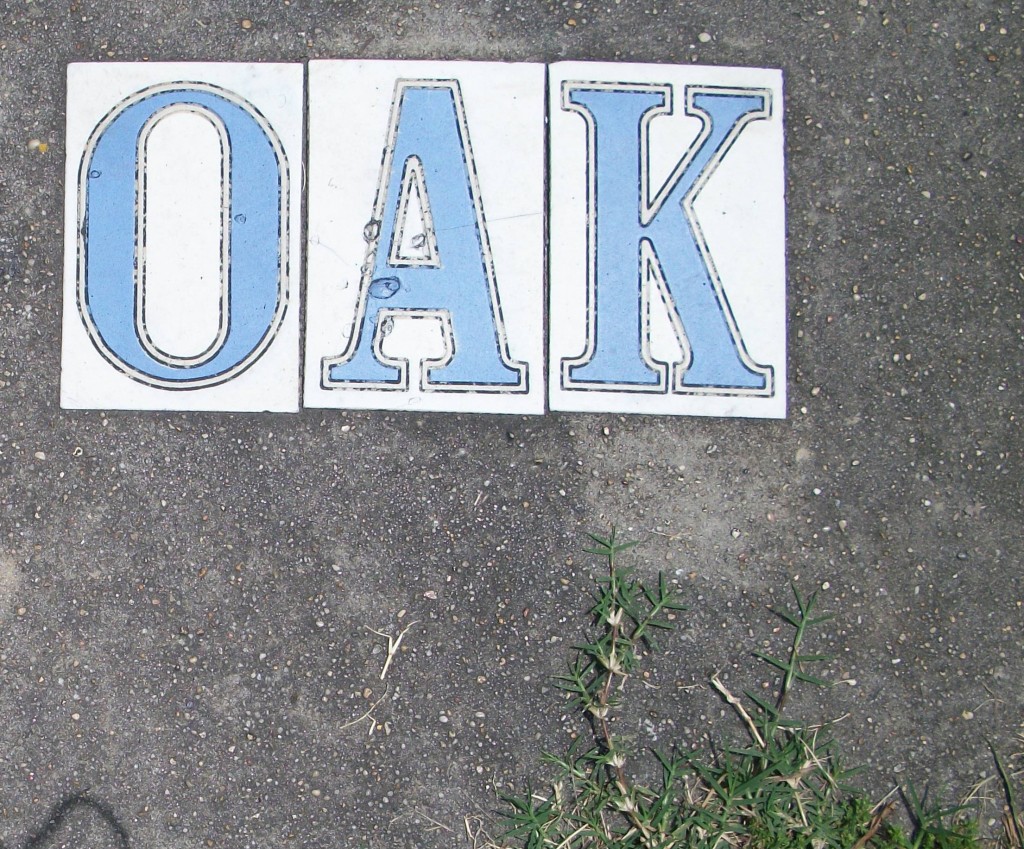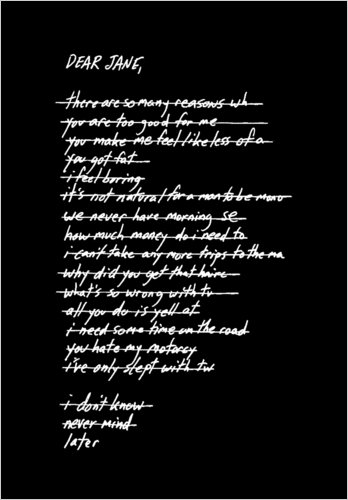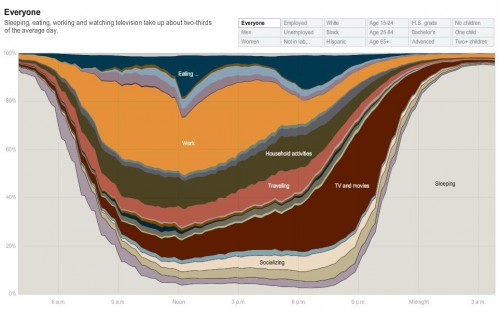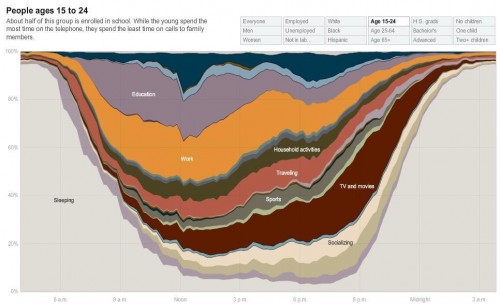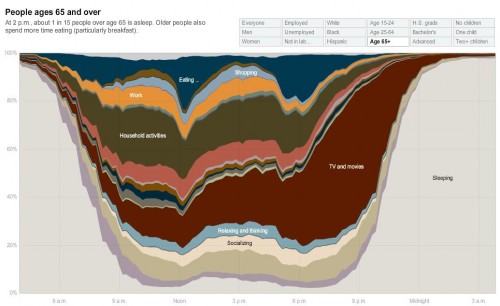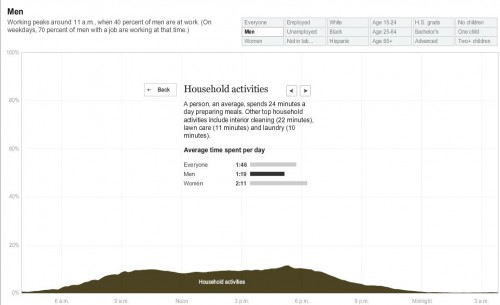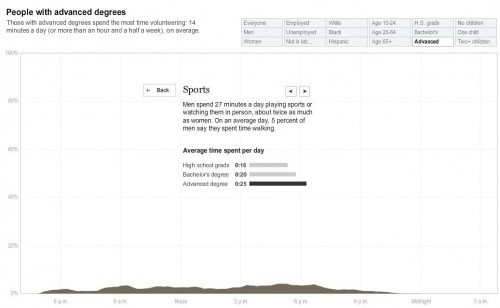Two friends of mine recently had a baby and the hospital sent home all kinds of instructional packets, all of which included product sample, advertising materials, etc. One item they found was this advertisement for the U.S. Career Institute’s program to become a medical claims processor who works from home. The ad plays on the guilt mothers often still have about working outside the home:


I don’t have a problem, in and of itself, with suggesting that a job provides options for parents who want to be home full-time but also work. Given the fact that women still bear the primary responsibility for childcare even though most want or need to provide financial support to the family, I’m sure many women (and for that matter, a lot of men) would find them appealing (in theory, anyway; I have my doubts about a lot of the “work at home and make a gazillion dollars a week!” pitches, but I have no knowledge of this one in particular).
What bothers me is the way the ad is written to not just say, “Hey, if you are staying home with the kids but would like to work for pay as well, this is a great opportunity.” Instead, the blaring headline “I’m glad you work at home Mommy” ties into the idea that children desperately want their moms (but apparently not dads) to stay home with them, and moms who do so are being the best moms. Even among women who value their careers and always planned to return to the paid workforce, many are surprised by how much guilt they feel when they do so. They may feel guilty for leaving their child with another childcare provider, but if they actually look forward to going back to work and are excited or relieved to be there, they often feel guilty for that, too. This is a burden of guilt that new fathers do not generally share; while they may wish they could be home more with their children, they usually don’t express guilt for not doing so, largely because by working outside the home, they are actually fulfilling the normative role of what a good father does, whereas working outside the home, particularly when children are young, it incompatible with ideals of good mothering.
On the very bottom of pg. 2 it does say, “USCI is nationally accredited and approved for veterans’ education benefits!” That’s an interesting line, since the majority of people would would qualify for veterans’ educational benefits would be men (for instance, women currently make up only 15.5% of the U.S. Army). There are other elements on the brochure that seem gender-neutral — being your own boss, setting your own hours, increasing job opportunities in the field — but that line seems to be the one part that is more tailored to a male audience.
On an unrelated topic, I love the totally meaningless graph at the top right of the 2nd page: look! This one column is way bigger than the others! It is entirely lacking in any useful information — how are they defining “growth”? What is 0% referring to? What level of growth are we talking about here? For all we know, the health/medical services bar could indicated 0.000001% growth.
And just out of interest, do any of you have any experience with these types of jobs? Did it live up to the claims (particularly flexibility and the amount of money you can make)?




